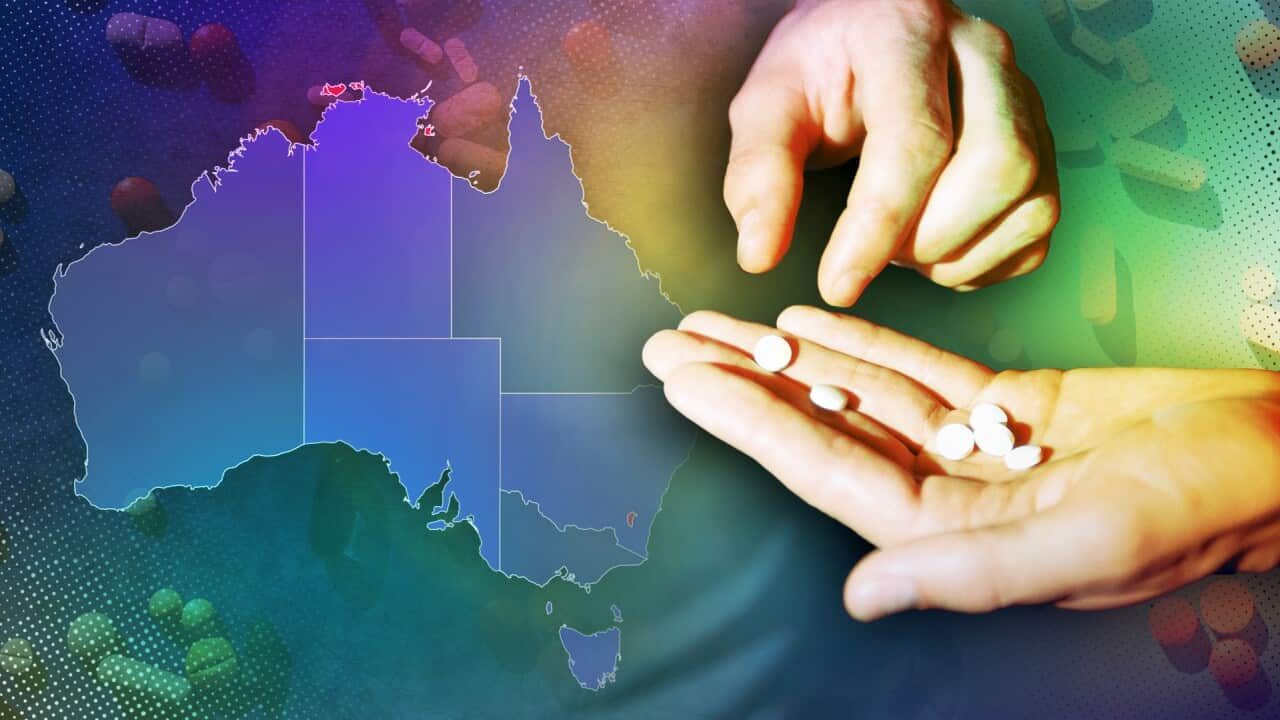The ACT has become the first Australian jurisdiction to decriminalise small amounts of illicit drugs, including cocaine, heroin and speed.
The was passed by the ACT Legislative Assembly on Thursday.
The private members bill was first introduced to parliament in early 2021 by government backbencher Michael Pettersson.
"Today is an important day," Mr Pettersson said, as he thanked his colleagues "for voting for a better way".
"Today's bill is not a radical revolution; it is a gradual evolution of our existing laws."
The bill expands the ACT's Simple Cannabis Offence Notice (SCON) scheme, which has seen small amounts of cannabis decriminalised since 1992.
The ACT passed a law in 2019 allowing the possession and growth of small amounts of cannabis for personal use.
"Today we have expanded that framework ... the many benefits of that scheme for many years will now be applied to a wider range of substances that will capture more Canberrans - with the ultimate goal of making it easier for them to access the help they need," Mr Pettersson said.
A 2021 inquiry into the bill to ensure it met the government's harm reduction policy.
It will take 12 months to implement the new law, which follows the introduction of the nation's first fixed-site drug testing clinic in Canberra earlier this year.
What does the law change mean?
The law change means people found with personal use amounts of nine different types of illicit drugs will not be criminally prosecuted.
They include heroin, cocaine and speed.
The bill gives police the ability to fine someone caught in possession of illegal drugs rather than divert them through the criminal justice system, where they currently face up to two years in jail for the offence.
A person could also choose to attend a drug diversion program instead of facing the $100 fine.
Trafficking offences will not be changed under the bill.
The ACT government announced its in-principle support of the bill in June.
"Illicit drugs are harmful, and the ACT government will continue to take a strong stance against drug dealers. This bill does not change that view," ACT Health Minister Rachel Stephen-Smith said at the time.
"The government and ACT Policing will continue to work to reduce supply and prosecute dealers and traffickers through the justice system."
Ms Stephen-Smith said evidence showed criminalising drug use doesn't reduce drug use and that substance abuse needed to be treated as a health issue.
"Treating drug addiction as a health issue improves outcomes for everyone in the community," she said.
ACT Policing previously raised concerns that the quantity of drugs listed exceeded personal use and could be considered a trafficable quantity.
The ACT government said a 12-month implementation period would be used to bolster oversight arrangements and train frontline workers, including police.
Canberra Liberals deputy leader Jeremy Hanson condemned the "radical" move.
"It wasn't taken to the community. It's going to lead to more crime. It's going to lead to more carnage on our roads," he told the ABC.
"It's not going to change the number of people going into the criminal justice system, and it's not going to fix the problem that we have now, which is not enough people being able to access treatment."
With AAP










